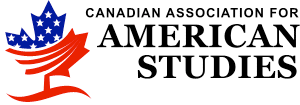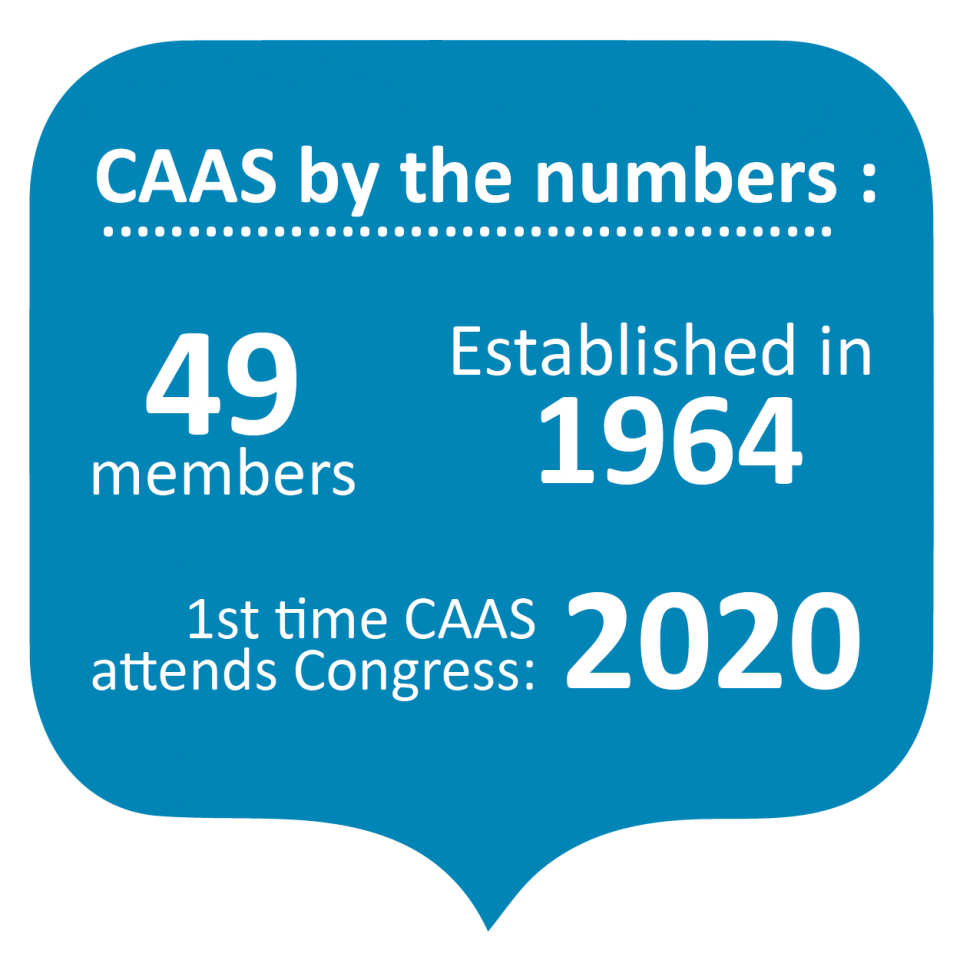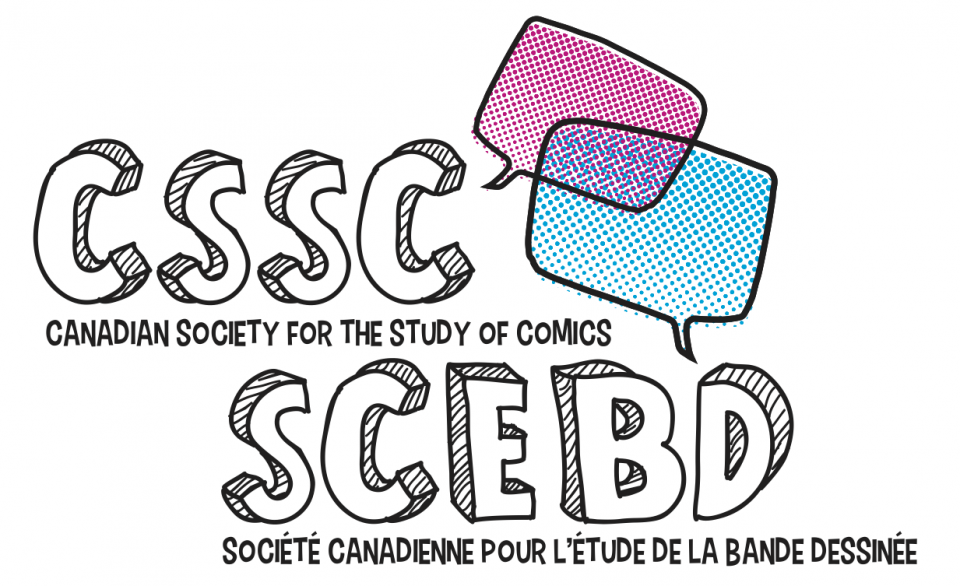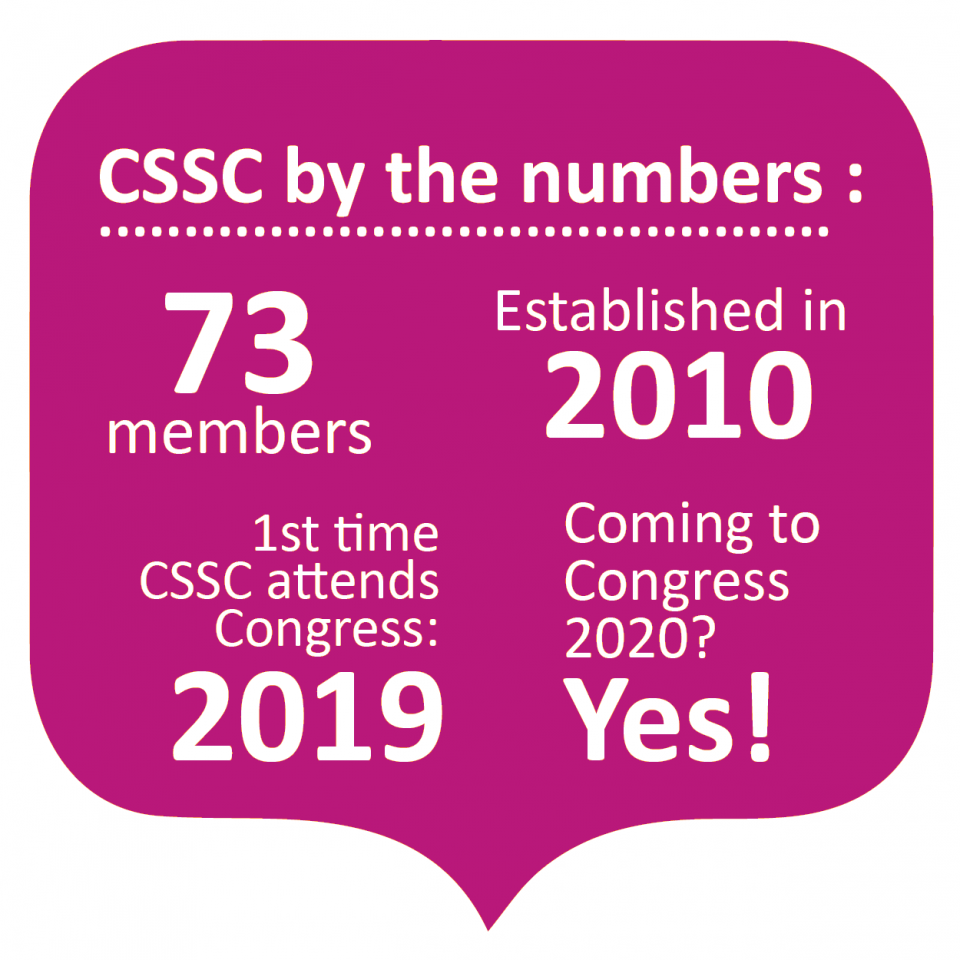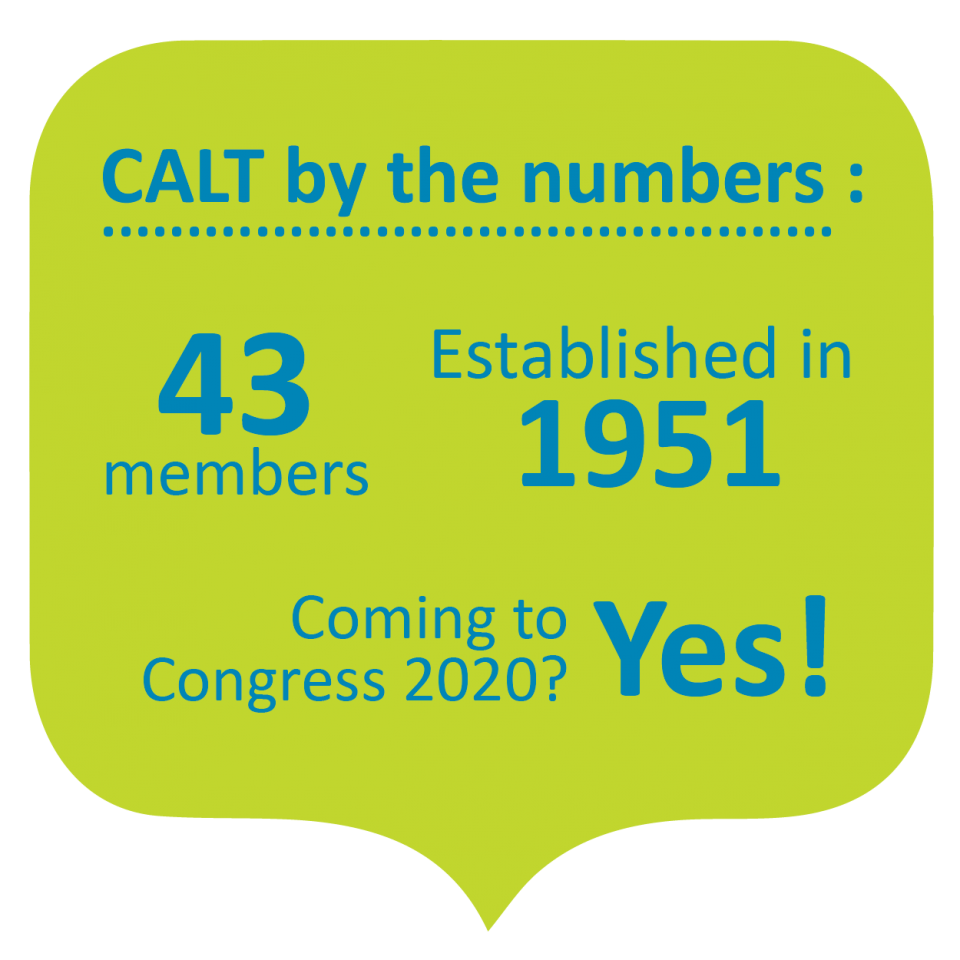Lily Polowin, Communications Coordinator, Federation for the Humanities and Social Sciences
Please join us in giving a warm welcome to three new Association members! Each of them was voted in by existing members at the Federation’s first-ever virtual Annual Meeting, which took place on May 15, 2019. Read on to learn more about each one — their mission, their leadership and what motivated them to join the Federation for the Humanities and Social Sciences. [Pssst…. And next month, we’ll be introducing two new institution members who joined the Federation membership as well.]
The Canadian Association for American Studies (CAAS) is a multidisciplinary scholarly association that promotes research concerning the United States, and considers the implications of this research for Canada and other countries.
Curious as to what exactly that means? A glance at the association’s list of recent winning publications suggests this area of study covers a breadth of inventive topics from pop culture, to American history, to American literature, to Communication studies. Wondering more specifically what sorts of topics they study? To name a few: homosexuality in Herman Melville, suffrage print culture, antebellum Black literature... The list goes on, but it’s safe to say that in addition to their academic contributions, these types of topics might pique the curiosity of any inquisitive layperson in North America.
The association was founded in 1964, had its first conference in 1965 and published the first issue of its journal, the prestigious Canadian Review of American Studies, in 1970. The association will be hosting a symposium at Concordia University this October 25-27 for all scholars of American studies.
CAAS will also be holding its annual conference at Congress this year for the first time. Proposals for Congress 2020 are being accepted until November 15, 2019. In addition to their general call for papers at Congress, they are also soliciting proposals for a roundtable entitled “The Legacies of Toni Morrison,” with suggested topics such as race and literary representation, social justice, the politics of language and more.
So why did they decide to join the Federation and jump on board for Congress 2020? Their application says it all:
We are also pleased to welcome a relatively new scholarly association into the fold. Formed in 2010, the Canadian Society for the Study of Comics (CSSC /SCEBD) held its first conference in 2011 as part of the New Narrative conference at the University of Toronto.
The year 2019 has been a busy one so far for the CSSC. The Society held its annual conference at Congress for the first time in 2019 and its membership presented 40 papers at the event. Members also kept busy throughout the year with presentations at numerous Canadian and international comics studies conferences, including the annual conference of the Comics Studies Society, the Toronto Comic Arts Festival, the Michigan State University Comics Forum, the Comics & Travel conference at Oxford University, the Comics and Comic Art area of the Popular Culture Association conference, and the academic track of the Edmonton Comics and Entertainment Expo, among many others.
CSSC will be at Congress 2020 and their call for papers will be posted later in October.
Comics have captured the popular imagination for decades, and are quickly growing as a serious area of study. With that in mind, it seems there was no better time than now for the CSSC to join the Federation:
Get to know CSSC:
And, last but not least, we welcome the Canadian Association of Law Teachers (CALT). The association was officially formed in 1951 at McGill University after several informal annual meetings that took place in the years preceding. The main motivations for forming into a society were to strengthen the sense of professional identity and purpose among law teachers and to consolidate teaching methods and materials. In the early days, the forming of an association also meant that CALT members could more easily ask universities for travel grants, which at the time were not common practice.
The association is open to a wide base of members, including part-time law teachers, law professors and teachers from legal studies programmes, law teachers in paralegal programs, graduate students, as well as those teaching law outside of Canada. CALT publishes an annual journal, the Canadian Legal Education Annual Review (CLEAR) and also grants three awards annually. They have been holding their annual conference at Congress since their formation.
CALT was a Federation member in the past, and has rejoined after a brief hiatus away from us. So great to have them back!
Get to know CALT:

